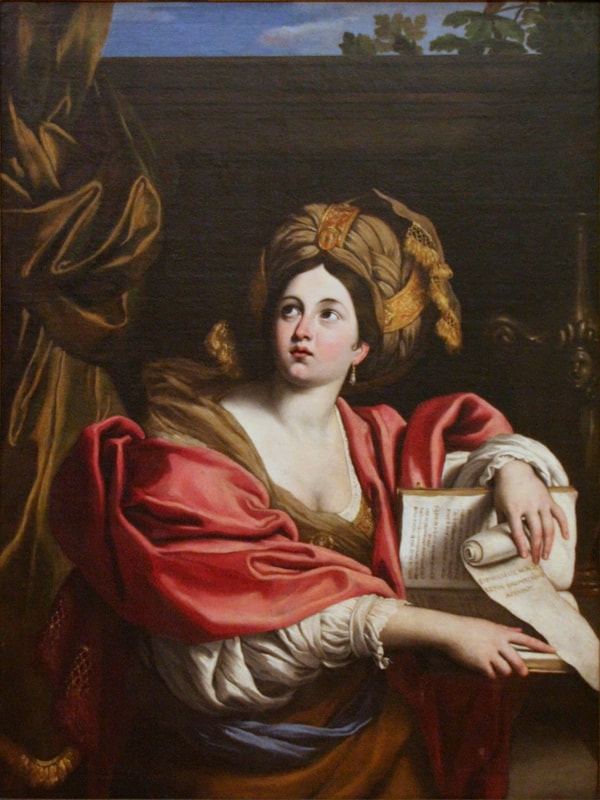I was immediately drawn to Veronica Franco after learning she was not only a feminist and poet, but also a sexworker. Franco’s writing is proudly erotic and boldly explicit as she describes her life as a courtesan. To me, Franco’s unapologetic confidence in her sexuality exemplifies an aspect of womanhood that even today sometimes feels taboo.
Moderata Fonte’s writing, on the other hand, felt more familiar to me. Fonte presents her philosophy through a dialogue held between women. Although familiar in style, Fonte is exceptional in her character development. While reading, I could feel the camaraderie between the women as they joked about things like the inevitable imprisonment of marriage with a soon-to-be bride. I was moved by the sense of community these women provided each other with (although this serves only as the backdrop to Fonte’s excellent feminism and natural philosophy). While many philosophers appeal to the dialogue form, few create such impressive and dynamic characters who can put forth important ideas in a way that does not feel forced or stiff. Perhaps in a manner less graceful than her predecessors, Lucrezia Marinella also presents strong feminist arguments. Aside from her philosophy, Marinella’s descriptions of men like Aristotle are simply fun to read. Zeroing in on the defects of his work many times throughout her text, Marinella describes Aristotle as “foolish…cruel…a fearful, tyrannical man, and sarcastically, as “our good friend Aristotle.” Marinella is ruthless in her analysis of the works of men like Aristotle, making her overall text a page-turner (an accomplishment which sometimes feels like a rarity in philosophical writing). Unknowingly saving the best for last, I finished my research with Arcangela Tarabotti. In Paternal Tyranny, Tarabotti is explicit in her call for an end to the practice of men forcing women who do not have religious vocations into convents. Tarabotti directs her work at men, bringing them into the dialogue by continuously addressing “you”. Without hesitation, Tarabotti puts these men on trial: “Your lying insulting tongues never cease… You cruel hypocrites… You bloodthirsty butchers… You liars!” Throughout her work, Tarabotti’s anger and hurt is palpable. By the end of the text, I could feel the desperation in her voice as she begged for the most basic form of empathy from the most apathetic oppressors. On a personal note, there is something deeply familiar about Tarabotti’s anger. To me, she seemed most frustrated by the hypocrisy of men who call themselves Christians but fail to uphold Christian values. Of course, this kind of experience of religious groups is not isolated to Tarabotti or 17th century Venice. And so, her frustration seems timeless, and, in many ways, she took the words right out of my mouth. Overall, in reading the texts of these women, I enjoyed engaging with various styles of rhetoric, all of which are strong in personality and conviction. Their work serves as a reminder of the importance of the presence of the perspective and ideas of the oppressed in philosophical discussions.
0 Comments
Leave a Reply. |
Authors
Jacinta Shrimpton is a PhD student in Philosophy at the University of Sydney. She is co-producer of the ENN New Voices podcast Archives
May 2024
Categories
All
|

 RSS Feed
RSS Feed